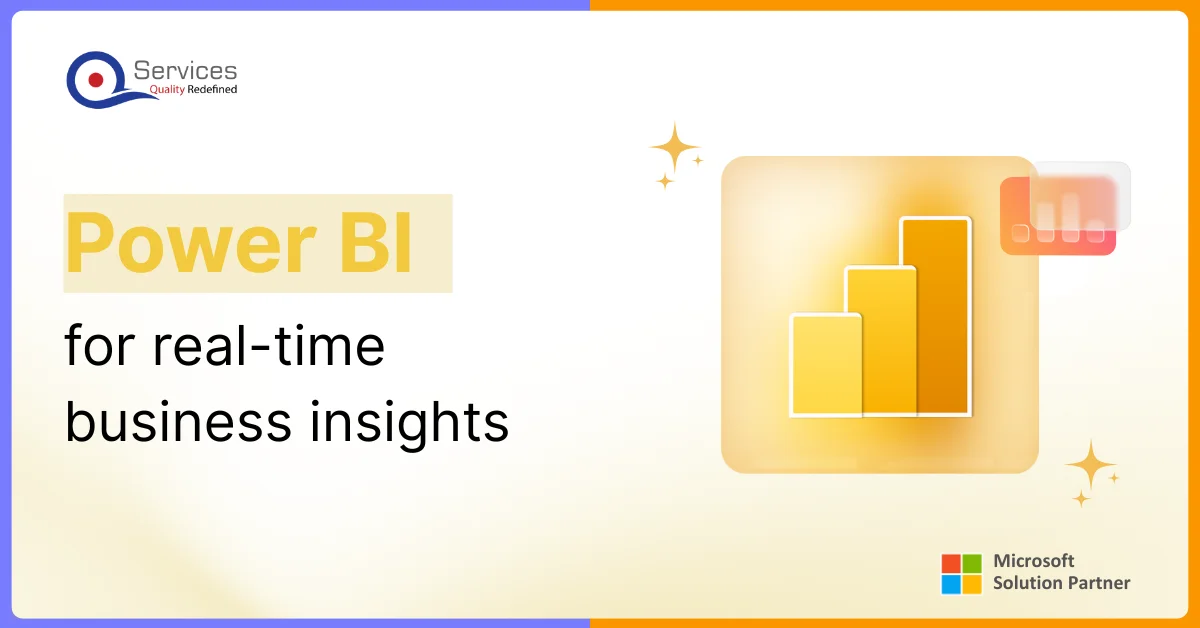
Home » The Role of .NET in Leveraging Quantum Computing for Business Solutions

Have you ever wondered how quantum computing, once just a sci-fi concept, is now changing industries worldwide? With the global quantum-computing market hitting $614 million in 2022 and set to surpass $1.2 billion by 2025, according to Hyperion Research, its impact is hard to ignore. But amidst this rapid growth, have you considered how intersecting .NET development with quantum computing could transform business solutions?
In this journey, we explore the powerful effects of this fusion. From breaking down complex quantum mechanics to tapping into the straightforwardness of .NET frameworks, we uncover the potential to solve complex business problems effortlessly.
As Neil Thompson, a research scientist at MIT, puts it, “The next milestone in the industry would be described as the quantum advantage. That’s when a quantum computer is faster, cheaper, or uses less power than a classical computer to solve a problem of commercial interest.”
Quantum computing presents a transformative opportunity for industries, offering the potential to tackle complex challenges that conventional computers struggle to address effectively. By harnessing principles from quantum mechanics, quantum computers can simulate and solve intricate problems, such as molecular analysis for drug discovery or optimizing supply chains, at unprecedented speeds.
Despite still being in its early stages, businesses are already making substantial investments in quantum computing.
As quantum computing progresses and achieves cost competitiveness with classical computing, businesses can expect to reap the benefits of improved problem-solving capabilities.
Get free Consultation and let us know your project idea to turn into an amazing digital product.
Quantum computing, rooted in quantum mechanics, offers a unique approach where bits can exist in multiple states simultaneously. Microsoft’s Quantum Development Kit serves as an essential resource for .NET developers by seamlessly integrating with the framework and introducing Q#, a specialized programming language for quantum algorithms. This integration enables developers to dive into quantum computing within the familiar .NET environment by leveraging their existing skills and tools effectively, including Dot Net development services.
By combining classical and quantum computing, the Quantum Development Kit opens opportunities for innovation and problem-solving in .NET development. Developers can work on quantum algorithms, simulations, and hardware interactions, making it easier to solve tough problems that need both classical and quantum computing. In short, this integration brings a big change to .NET development, giving developers the chance to use quantum computing to solve real-world problems.
Business Intelligence (BI) offers invaluable insights derived from data analysis tools and techniques, contributing to both business intelligence and data analytics. It encompasses a suite of technologies and practices to gather, process, and transform raw data into actionable insights. Through the consolidation and analysis of data from various sources, including databases and applications, BI tools help organizations to monitor key performance indicators (KPIs) effectively. By presenting data through reports, dashboards, and visualizations, BI tools facilitate strategic planning and execution.
Quantum computing transformative capability extends to solving complex problems that were previously deemed impractical for classical computers. Businesses can gain deeper insights from large datasets by using quantum algorithms to find hidden patterns that help them make more accurate decisions. The potential applications span various sectors, including finance, healthcare, logistics, and drug discovery, where quantum computing promises accelerated solutions. The integration of quantum computing with artificial intelligence (AI) further enhances business processes, enabling deeper data analysis and facilitating more accurate decision-making.
Despite being a relatively new technology, quantum computing is already making waves in business intelligence. Here are some notable examples of how quantum computing is integrated with BI:
IBM: IBM has leveraged quantum computing to enhance machine learning for fraud detection, achieving a notable decrease in false negatives compared to traditional methods.
QC Ware and Goldman Sachs: These companies have demonstrated superior performance over classical computers in conducting Monte Carlo simulations, a widely utilized technique in option pricing and risk management.
Exploring Azure Cloud Platform and Its Developer Services, Microsoft Azure serves as a comprehensive suite of cloud services tailored for developers and IT professionals, providing a platform to create, deploy, and manage applications across Microsoft’s global network of datacenters. With integrated Azure dev tools, support for DevOps practices, and an extensive marketplace, Azure empowers developers to efficiently build anything from basic mobile apps to large-scale solutions.
Azure offers a diverse range of cloud services, encompassing computing, analytics, storage, and networking. Developers can cherry-pick and integrate these services to craft and scale new applications or seamlessly migrate existing ones to the public cloud infrastructure.
Azure Quantum stands as a comprehensive cloud ecosystem, offering access to a range of quantum resources, from hardware to software, provided by Microsoft and its collaborators.
For .NET developers, the Quantum Development Kit (QDK) serves as a crucial tool. This open-source kit, offered by Microsoft, facilitates the development of quantum applications. Included within the QDK is Q#, a specialized programming language tailored for quantum applications, along with simulators and resource estimators.
By utilizing the Q# language within the .NET framework, developers can effectively integrate their quantum programs with the Azure Quantum service, enabling them to run their applications on quantum hardware. This integration allows developers to utilize their existing .NET expertise and provides an opportunity to explore quantum computing.
.NET developers can leverage their existing skills and continue to work in a familiar environment.
Azure Quantum allows developers to write quantum algorithms and easily run them on a range of quantum hardware.
With Azure, you can use quantum computing resources as needed, paying only for what you use.
Azure Quantum is deeply integrated with other Azure services, making it easier to create end-to-end solutions.
Azure has robust security and compliance services that are crucial for quantum computing applications.

Microsoft’s Quantum Development Kit (QDK) and the quantum programming language Q# serve as gateways for .NET developers to start exploring quantum algorithms, simulation, and interfacing with quantum hardware. The integration of Q# with the .NET framework enables programmers to leverage their existing .NET skills while embracing the quantum paradigm.
The Modern QDK includes a specialized debugger capable of stepping through both classical and quantum code, helping developers in identifying and resolving issues efficiently.
Users can access the Modern QDK directly from their web browser without the need for installation. Additionally, its integration with the VS Code extension allows seamless usage across various operating systems, including PC, Mac, or Linux machines.
With its sparse in-memory simulator, the Modern QDK enables rapid simulation of complex quantum algorithms involving thousands of logical qubits, facilitating efficient testing and optimization of quantum code.
The QDK seamlessly integrates with Azure Quantum, providing developers with the capability to execute their algorithms on a diverse range of quantum computers and simulators available within the Azure Quantum ecosystem, enhancing flexibility and scalability in quantum computing development.
The seamless integration of Q# with the .NET ecosystem empowers businesses to leverage their current .NET skills and knowledge for developing cutting-edge quantum programs.
Q# is meticulously designed to be hardware agnostic, providing businesses with the flexibility to create quantum algorithms compatible with a wide range of quantum hardware setups.
With its scalability features, Q# is primed to accommodate the demands of various quantum applications, ensuring optimal execution and performance.
Through the advanced capabilities of the Modern QDK, businesses gain effortless access to Azure Quantum, enabling them to deploy their quantum algorithms seamlessly and tap into a diverse selection of quantum computers and simulators.
As we move forward, the integration of .NET with quantum computing is expected to revolutionize the way we approach complex computational problems. Here are some predictions:
Hybrid Quantum-Classical Applications: With the advent of quantum computing libraries in .NET like Q#, we can expect a rise in hybrid applications that leverage both classical and quantum algorithms.
Quantum Machine Learning: Quantum algorithms could be used to speed up the training of machine learning models, leading to more efficient AI applications built with .NET.
Quantum Cryptography: As quantum computers pose a threat to classical encryption methods, new quantum-safe cryptographic algorithms could be developed using .NET.
Several trends are emerging as businesses begin to leverage the power of .NET and quantum computing:
Invest in Skill Enhancement: Quantum computing presents distinct challenges. Ensure your development team undergoes thorough training in quantum algorithms and Q# to equip them with the necessary proficiency.
Commence with Incremental Progress: Initiate your exploration by identifying manageable tasks that could benefit from quantum algorithms. Start small, focusing on non-critical areas, to facilitate gradual learning and experimentation, allowing a solid foundation for deeper integration of .NET and quantum computing solutions.
Stay Ahead of Industry Developments: Quantum computing is dynamic and rapidly evolving. Stay proactive in keeping abreast of the latest advancements to capitalize on emerging opportunities, thereby maintaining a competitive edge in leveraging this transformative technology.
The fusion of.NET development with quantum computing opens up a promising frontier for businesses, providing groundbreaking solutions to intricate challenges. By capitalizing on.NET’s familiarity alongside the immense capabilities of quantum computing, businesses can foster innovation and secure a competitive edge. For those seeking to dive deeper into the potential of.NET development, hiring skilled.NET developers from a reputable ASP.NET development company can help companies navigate their evolving landscape.
To explore further how.NET developers are enriching remote work capabilities, explore our blog, “How.NET Developers are Enhancing Remote Work Capabilities?” There, you’ll uncover actionable insights and effective strategies for optimizing remote work setups through the utilization of.NET technologies.
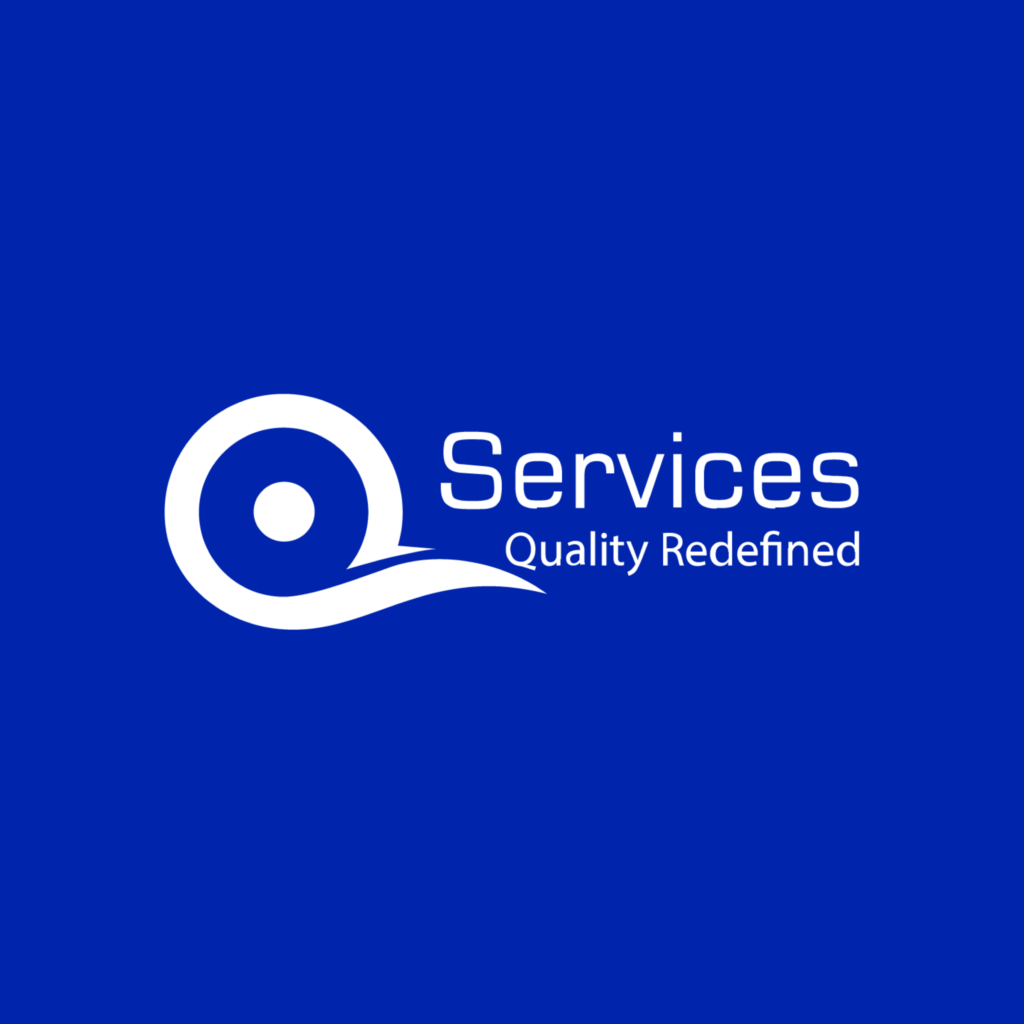
Our Articles are a precise collection of research and work done throughout our projects as well as our expert Foresight for the upcoming Changes in the IT Industry. We are a premier software and mobile application development firm, catering specifically to small and medium-sized businesses (SMBs). As a Microsoft Certified company, we offer a suite of services encompassing Software and Mobile Application Development, Microsoft Azure, Dynamics 365 CRM, and Microsoft PowerAutomate. Our team, comprising 90 skilled professionals, is dedicated to driving digital and app innovation, ensuring our clients receive top-tier, tailor-made solutions that align with their unique business needs.
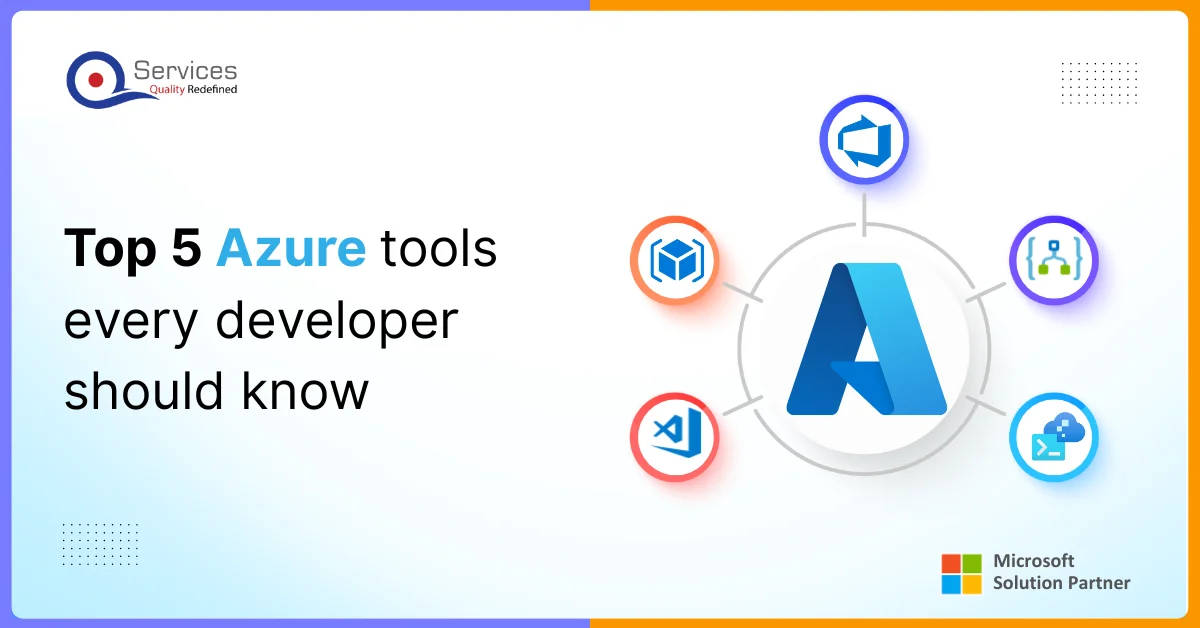
In 2026, it’s vital for every developer to be skilled in using the right set of Azure developer tools for cloud projects. Microsoft’s Azure cloud platform is at the center of this shift, providing a wide range of solutions for building and managing apps. With cloud development with Azure, teams can launch reliable apps that scale globally and respond to business needs in real time. Picking the right items from the Azure tools list can save time, money, and help you get better results.
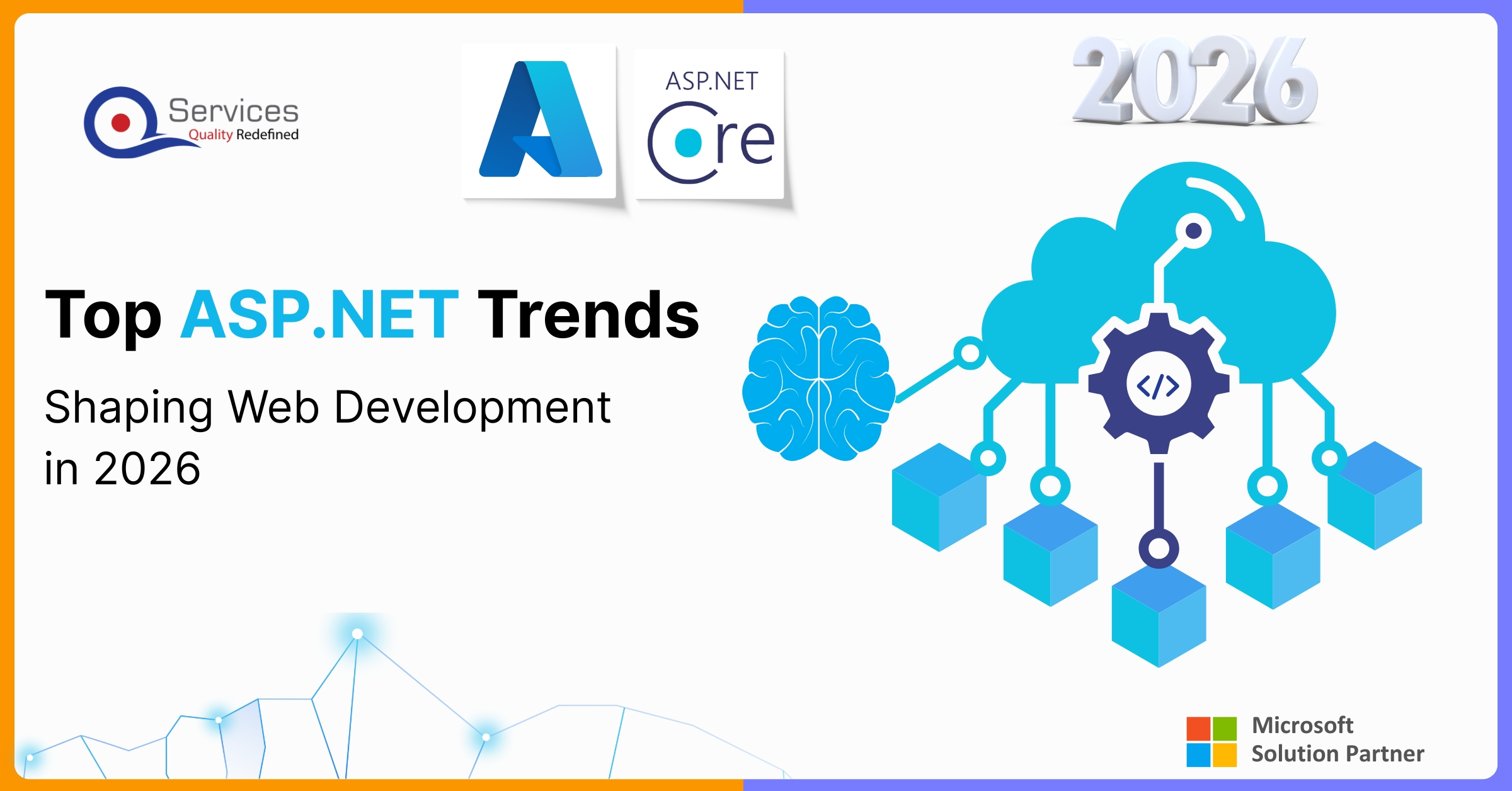
ASP.NET in 2026 is evolving into a cloud-native, AI-powered platform for the future of web development.
Backed by .NET 9+ and Azure, it continues to be a leading choice for secure and scalable applications.
Explore the top ASP.NET trends shaping web development in 2026, from Blazor to Minimal APIs and beyond.
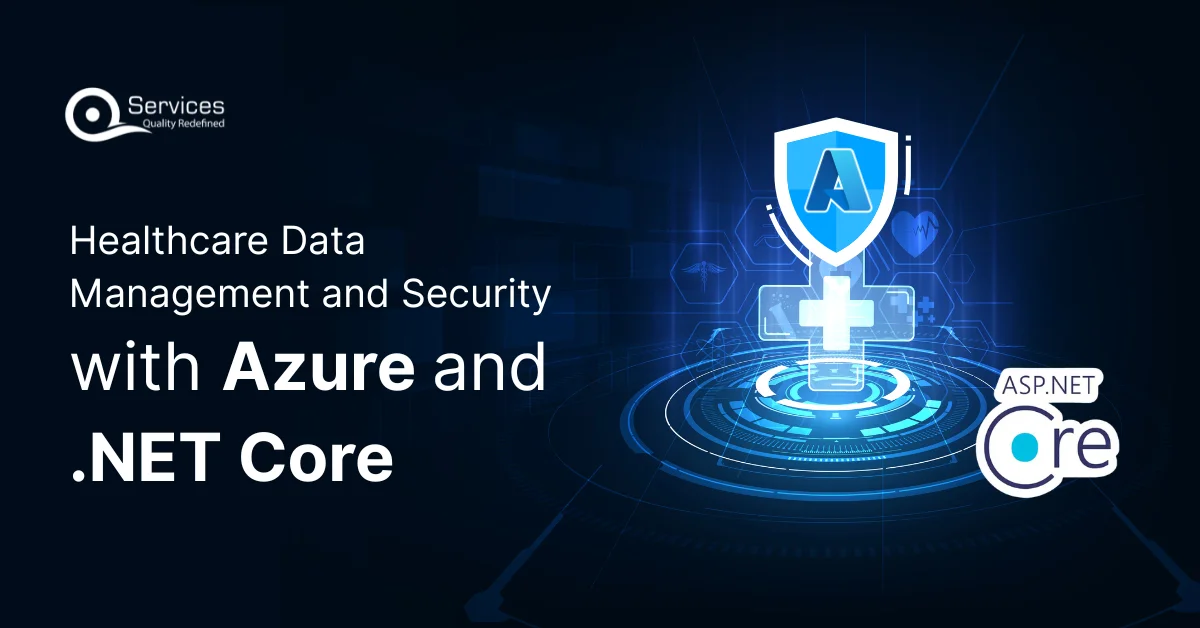
In the healthcare industry, managing and securing sensitive patient data is paramount. With the increasing adoption of cloud technologies, healthcare organizations are leveraging platforms like Microsoft Azure to store, process, and analyse healthcare data. However, with this shift comes the responsibility
.NET development intersects with quantum computing through the integration of Microsoft’s Quantum Development Kit (QDK) with the .NET framework, allowing developers to write quantum algorithms using Q# within the familiar .NET environment.
Businesses can enhance their skills by investing in training programs for their development teams, focusing on quantum algorithms, Q#, and .NET development best practices.
The integration of .NET development with quantum computing enables businesses to leverage familiar tools and frameworks while tapping into the transformative potential of quantum computing, leading to innovative solutions for complex challenges.
Potential risks include cybersecurity vulnerabilities, algorithmic errors, hardware limitations, ethical concerns, and regulatory challenges. It’s essential for businesses to mitigate these risks through rigorous testing, validation, and compliance measures.

Founder and CEO

Chief Sales Officer
